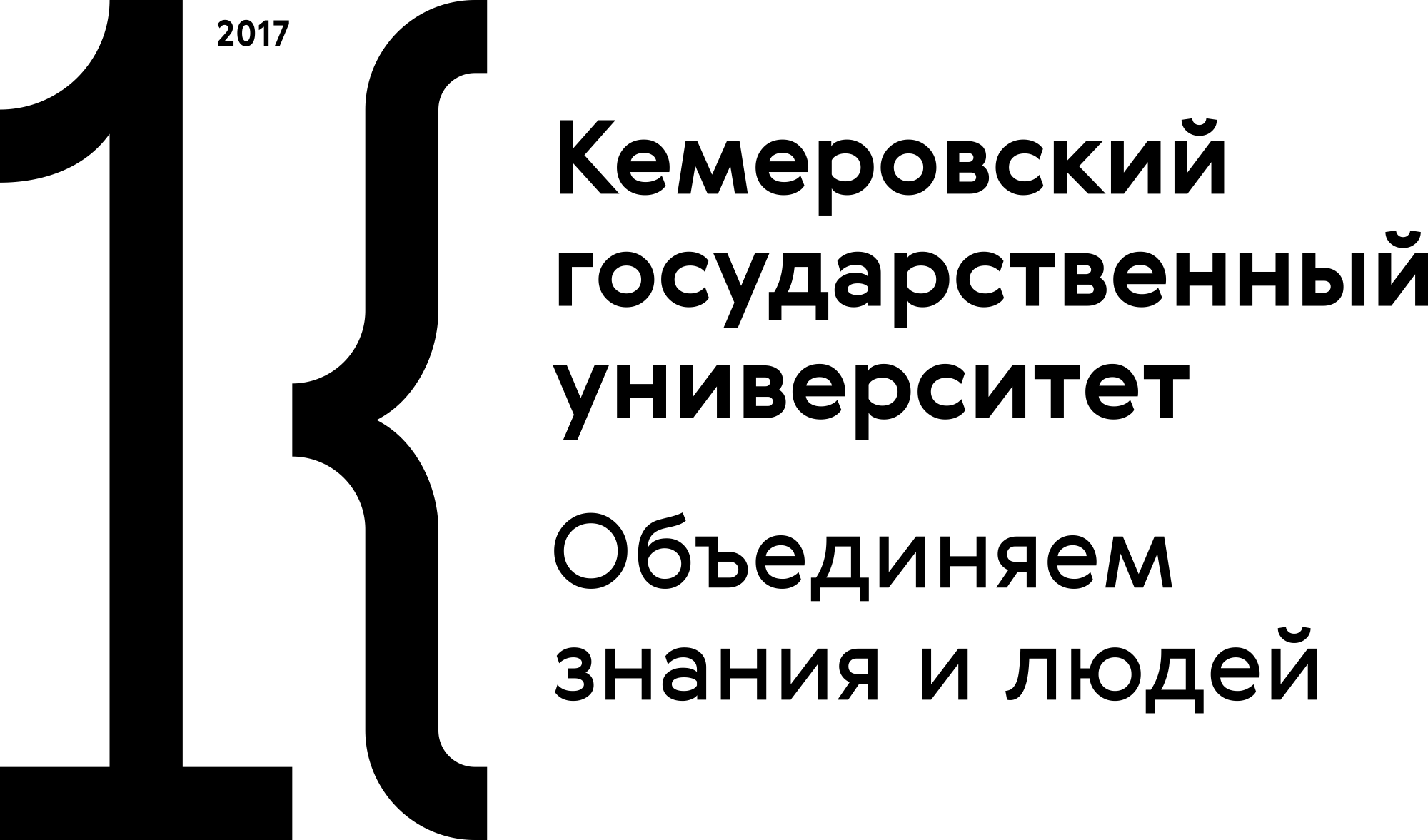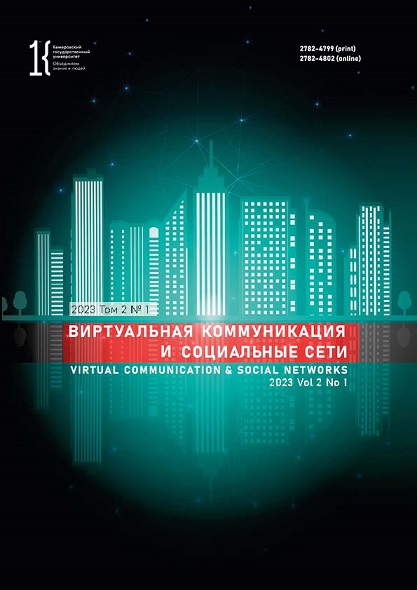Kemerovo, Russian Federation
The paper aims to demonstrate the students’ interaction with artificial intelligence (AI) of educational information and communication technologies (ICTs). The study focuses on the students’ groups studying the Foreign Language discipline and belonging to the non-linguistic departments of the university. The paper explains and defines "AI" and "ICT" concepts as well as the "interaction in the educational process." The necessity of studying the students’ interaction with AI is becoming a great sign of the era of digitalization of higher education. The primary scientific method of the study is modeling. As a result, the students’ interaction with AI is shown via the model demonstrating some systematic factors of interaction and dynamic processes influencing its course. The study’s principal conclusion became the correlating interrelation between the levels of AI influence on the students and their reflexive and evaluation abilities within linguistic competence.
digitalization, information and communication technologies, artificial intelligence, foreign language mastering, modeling, higher education
1. Asanova F. B. The use of information and communication technologies to develop students’ creative abilities in technology lessons. Education, innovation, research as a resource for community development: Proc. II Intern. Sci.-Prac. Conf., Cheboksary, 14 Nov 2018. Cheboksary: Sreda, 2018, 284-288. (In Russ.)
2. Baron R. S., Moore D., Sanders G. S. Distraction as a source of drive in social facilitation research. Journal of Personality and Social Psychology, 1978, 36(8): 816-824. https://doi.org/10.1037/0022-3514.36.8.816
3. Bespal’ko V. P. Components of pedagogical technology. Moscow: Pedagogika, 1989, 192. (In Russ.)
4. Collins Cobuild Advanced Learner’s English Dictionary, Harper Collins Publishers, 2008. 1968.
5. Dakhin A. N. Modeling in Pedagogy. Idei i idealy, 2010, 2(1): 11-20. (In Russ.)
6. Delimova Yu. O. Modeling in Pedagogy and Didactics. Vestnik Shadrinskogo gosudarstvennogo pedagogicheskogo instituta, 2013, 3(19): 33-38. (In Russ.)
7. Dem’yankov V. Z. Cognition and understanding of text. Voprosy kognitivnoi lingvistiki, 2005, (3): 5-10. (In Russ.)
8. Drobysheva I. V. Teaching students how to use DER and ICT. Informatization of Education-2007: Proc. Intern. Sci.-Prac. Conf., Kaluga, 28-31 May 2007. Kaluga: K. E. Tsiolkovsky Kaluga State Pedagogical University, 2007, 98-104. (In Russ.)
9. Islamov R. S., Greenwald O. N., Tunyova N. V. Information and communication technologies in foreign language teaching in multinational higher education environment of mining region. E3S Web of Conferences: Proc. Vth Intern. Innovative Mining Symposium, Kemerovo, 19-21 October 2020, (174). https://doi.org/10.1051/e3sconf/202017404042
10. Islamov R. S. The risky influence of artificial intelligence technologies on the foreign language proficiency of Eurasian students in mining. Sustainable Development of Eurasian Mining Regions (SDEMR-2021): The Second Interreg. Conf., Kemerovo, 21-23 September 2021. https://doi.org/10.1051/e3sconf/202127803028
11. Kibrik A. A. Cognitive research on discourse. Voprosy yazykoznaniya, 1994, (5): 26-139. (In Russ.)
12. Kotel’nikova E. V. Cognitive Aspects of Comprehension of Mixed Speech-Cogitative Activity of Intercultural Communication. Filologicheskie nauki. Voprosy teorii i praktiki, 2012, (7): 108-110. (In Russ.)
13. Krasnykh B. B. The text in the light of the linguo-cognitive approach to intercultural communication. Funktsional’nye issledovaniya: sbornik statei po lingvistike, 1997, (3): 156-166. (In Russ.)
14. Novikov A. M., Novikov D. A. Research Methodology. Moscow: Librokom, 2010, 280. (In Russ.)
15. Rogers C. R., Freiberg H. J. Freedom to Learn. 3rd ed. New York: Merrill, 1994, 406.
16. Savel’eva I. V., Grinval’d O. N., Znikina L. S., Islamov R. S., Kolomiets S. V., Perevalova A. A., Resenchuk A. A., Sedykh D. V., Sergeichik T. S. Models of pedagogical interaction in the process of teaching a foreign language in a multi-ethnic environment of a university, ed. Savel’eva I. V. Kemerovo: Kemerovo State University, 2020, 222. (In Russ.)
17. Sukhomlinsky V. A. One hundred tips for the teacher. Izhevsk: Udmurtia, 1981, 296 p. (In Russ.)
18. Tolstel’ O. V. Some applications of artificial intelligence technologies. Vestnik Baltiiskogo federal’nogo universiteta im. I. Kanta. Seriya: Fiziko-matematicheskie i tekhnicheskie nauki, 2005, (1-2): 95-106. (In Russ.)
19. Vygotsky L. S. Psychology. Moscow: Ehksmo-Press, 2002, 1006. (In Russ.)
20. Yadrovskaya M. V. Models in Pedagogy. Vestnik Tomskogo gosudarstvennogo universiteta, 2013, (366): 139-143. (In Russ.)
21. Yakovlev E. V., Yakovleva N. O. Pedagogical research: content and presentation of results. Chelyabinsk: RBIU, 2010, 316. (In Russ.)















